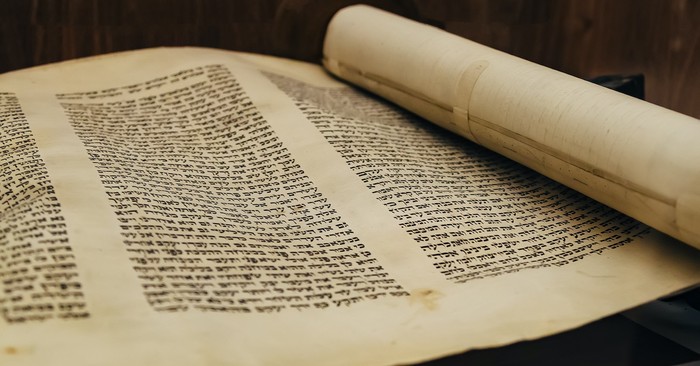This week’s Torah portion, Va-et’chanan, contains what is likely the single most frequently read verse of Torah – Deuteronomy 6:4, which is better known as the Shema. The six words of this verse are often referred to as the watchwords of our faith, the closest thing we have in Judaism to a statement of creed:
“Shema Yisrael, Adonai Eloheinu, Adonai Echad.” – Hear, O Israel, Adonai is our God, Adonai is One!
The Shema is a cornerstone of Jewish liturgy, traditionally recited during morning and evening, before going to bed, and as part of the deathbed viddui. It shows up in the Torah service and in Ne’ilah as Yom Kippur ends and the Gates of Heaven close. We say these words so often that they might reach semantic satiation, where even if we know what the words mean, they become nothing more than sounds.
This parsha appearing in our calendars gives us an opportunity each year to think about what the Shema means and revitalize our interpretation of it. The late-Renaissance Italian Rabbi, Obadiah ben Jacob Sforno, pulled apart each word of this verse in his Torah commentary. To Sforno, “Shema Yisrael” means “Listen with your mind open.” Adonai is the One who is responsible for the existence of a physical universe, which allows us to have a physical life. Eloheinu refers to the only divine presence that we can pray to and that can assist us in achieving our purpose on earth. Lastly, to Sforno, Adonai Echad means that if God created all phenomena in this universe, “it is logically impossible for there to be another phenomenon representing an existence independent of [God].” Sforno might have translated this verse “Listen with your mind open to the interconnectedness of the physical universe.”
When we discussed this verse as a Temple Jeremiah staff, Rabbi Cohen suggested that the word “Shema” could be calling us to be mindful and pay attention. I thought that referring to us as Yisrael, the name that Jacob took after wrestling with the angel, reminds us of our struggles. And someone else suggested translating Echad as “unique.” Our translation of this verse could be “Be mindful of everyone’s unique struggles.”
Every bit of Torah is open to interpretation, and I think it is especially important for us to be able to read many meanings into verses that feature so prominently in the liturgy. Some days, we may need the Shema to call us to action. Some days, we may need it to remind us that we are part of something bigger than ourselves and not alone. Some days we may need awe at the grandeur of God’s creation. I want our Torah and our liturgy to be able to meet us where we are. It should be as multifaceted as we are.
I am leaving you a few options for each word for you to consider for yourselves, to write your own translation:
Shema – Listen, Hear, Obey, Pay Attention, Be mindful
Yisrael – Israel, The Jewish people, Those who wrestle with God
Adonai – God, Divine, Presence
Eloheinu – Our God, The One we pray to
Adonai – God (See above)
Echad – One, Unique, Singular, Integrated, Alone, Sole
What is your Shema?

